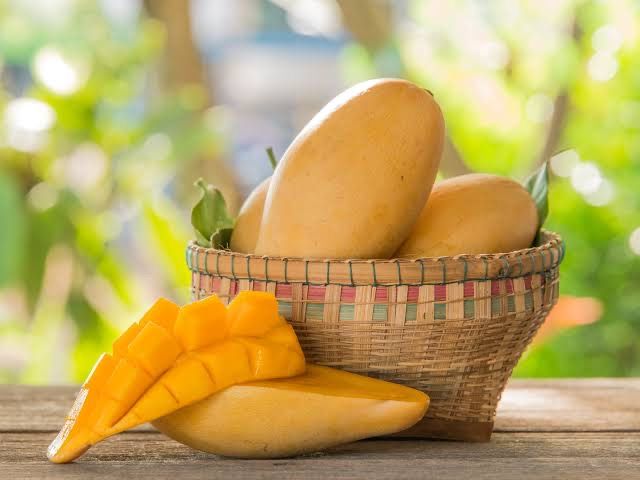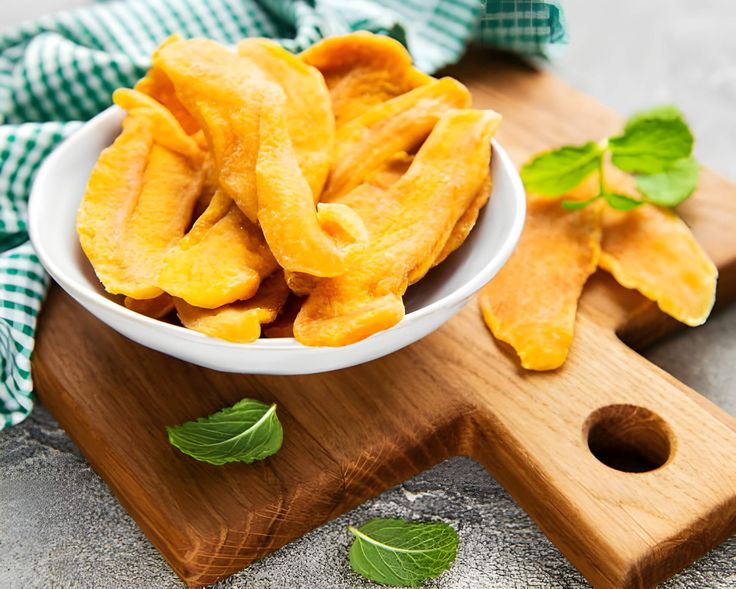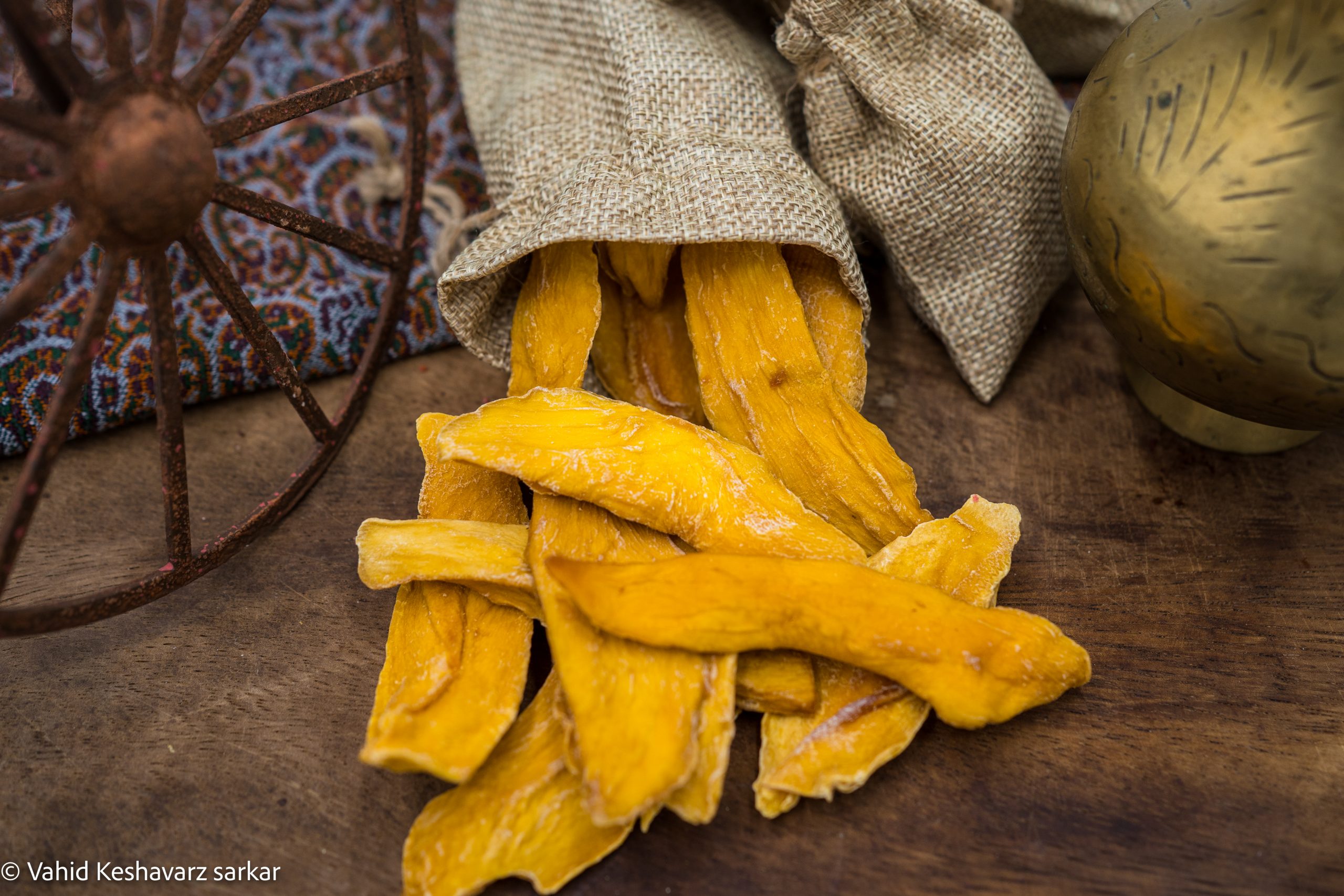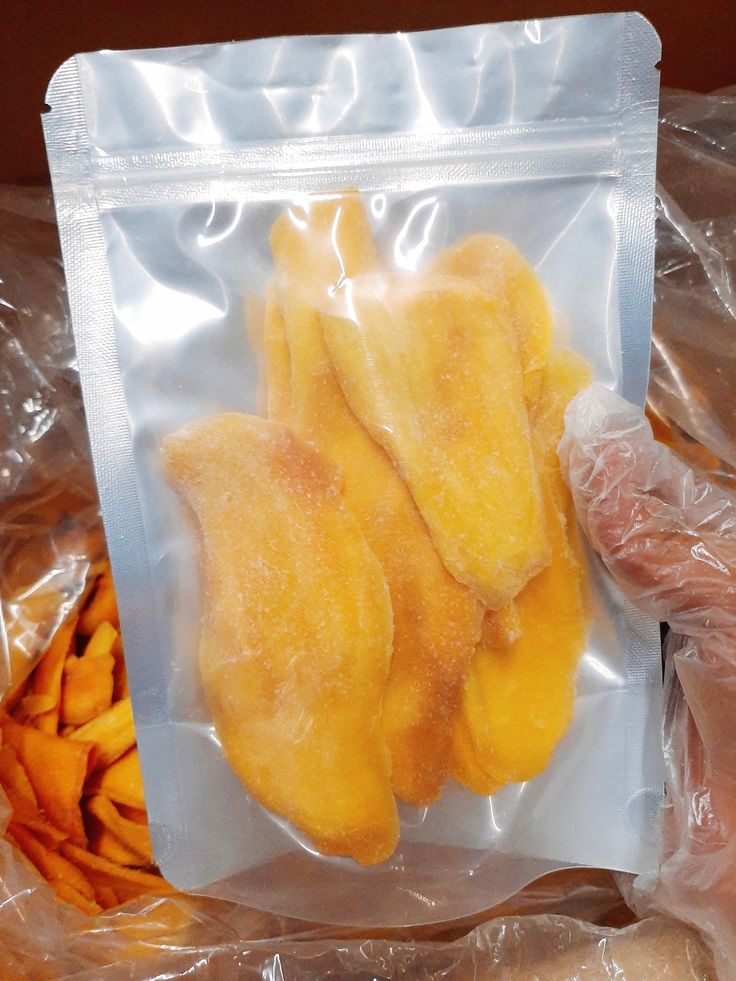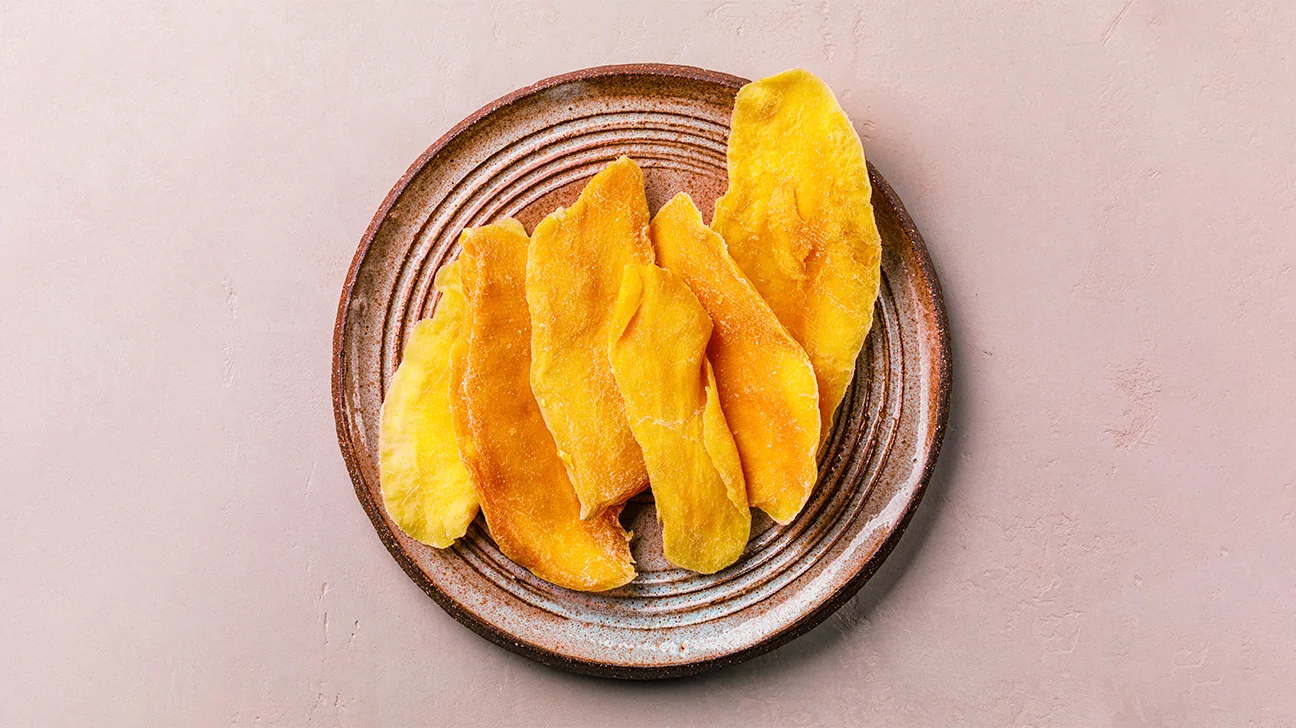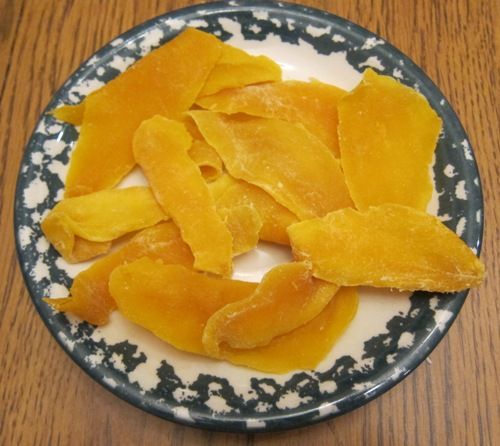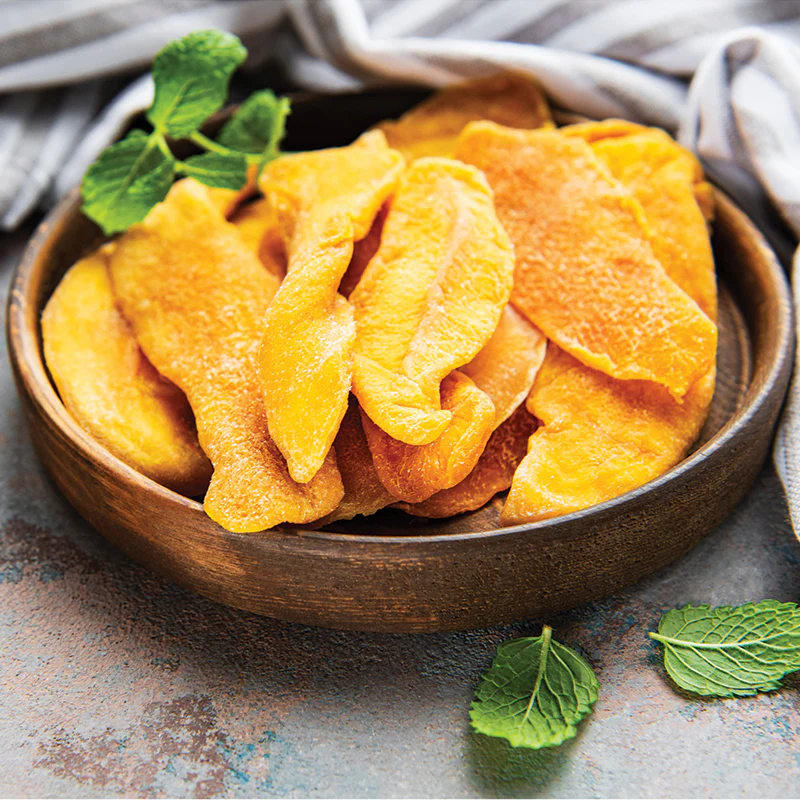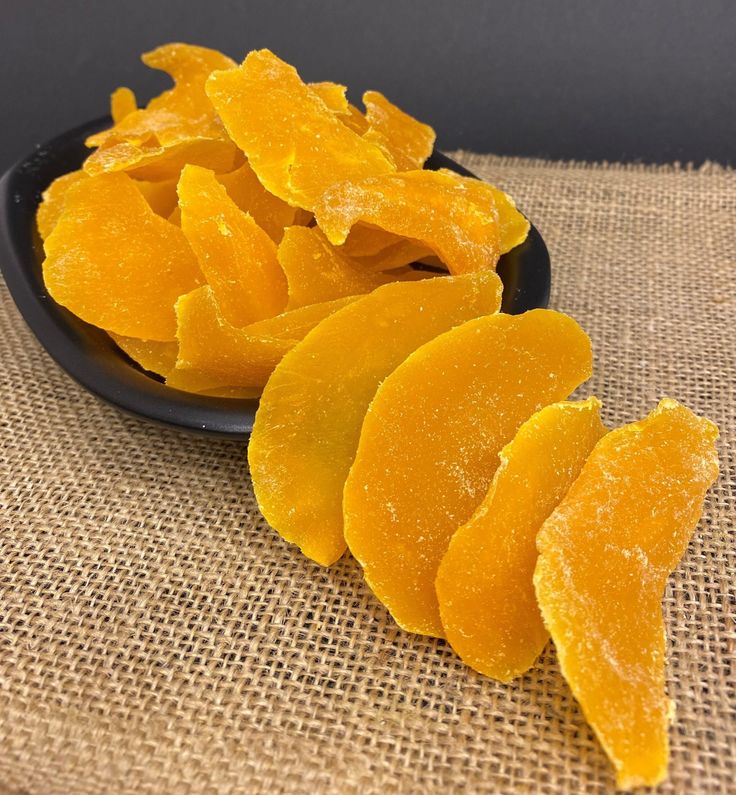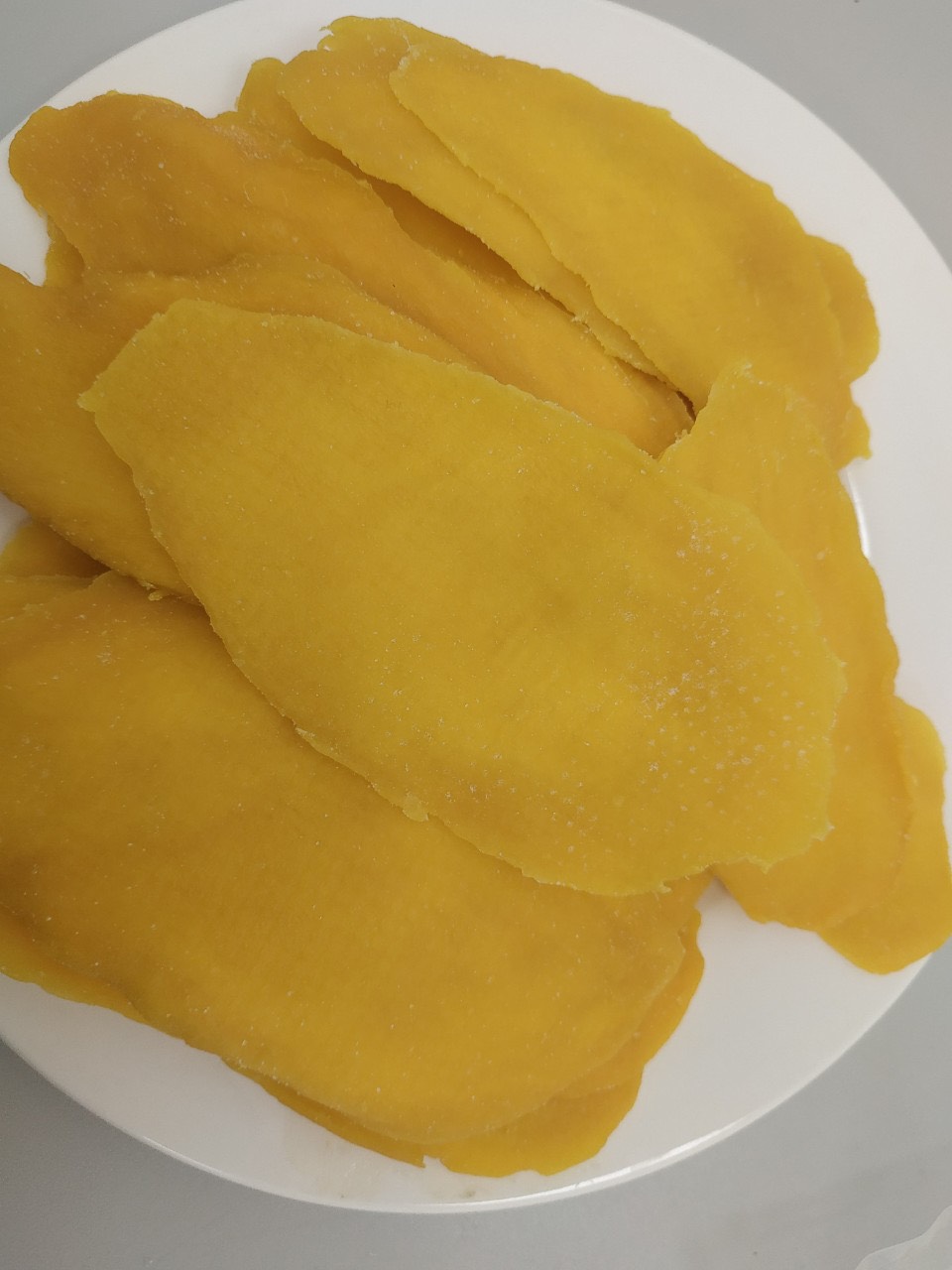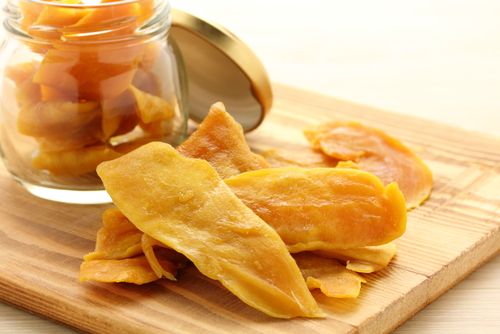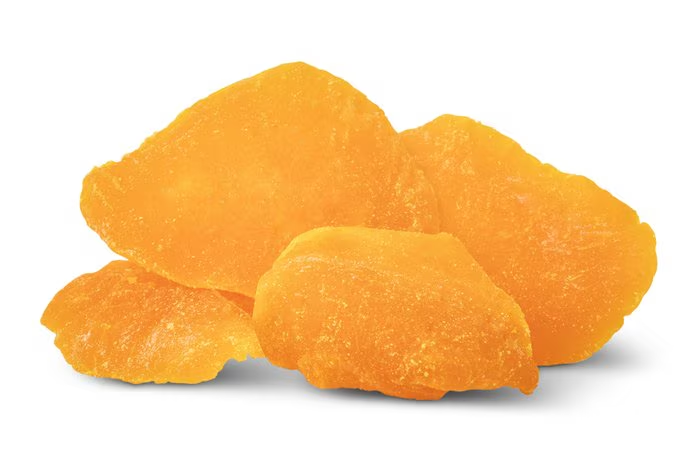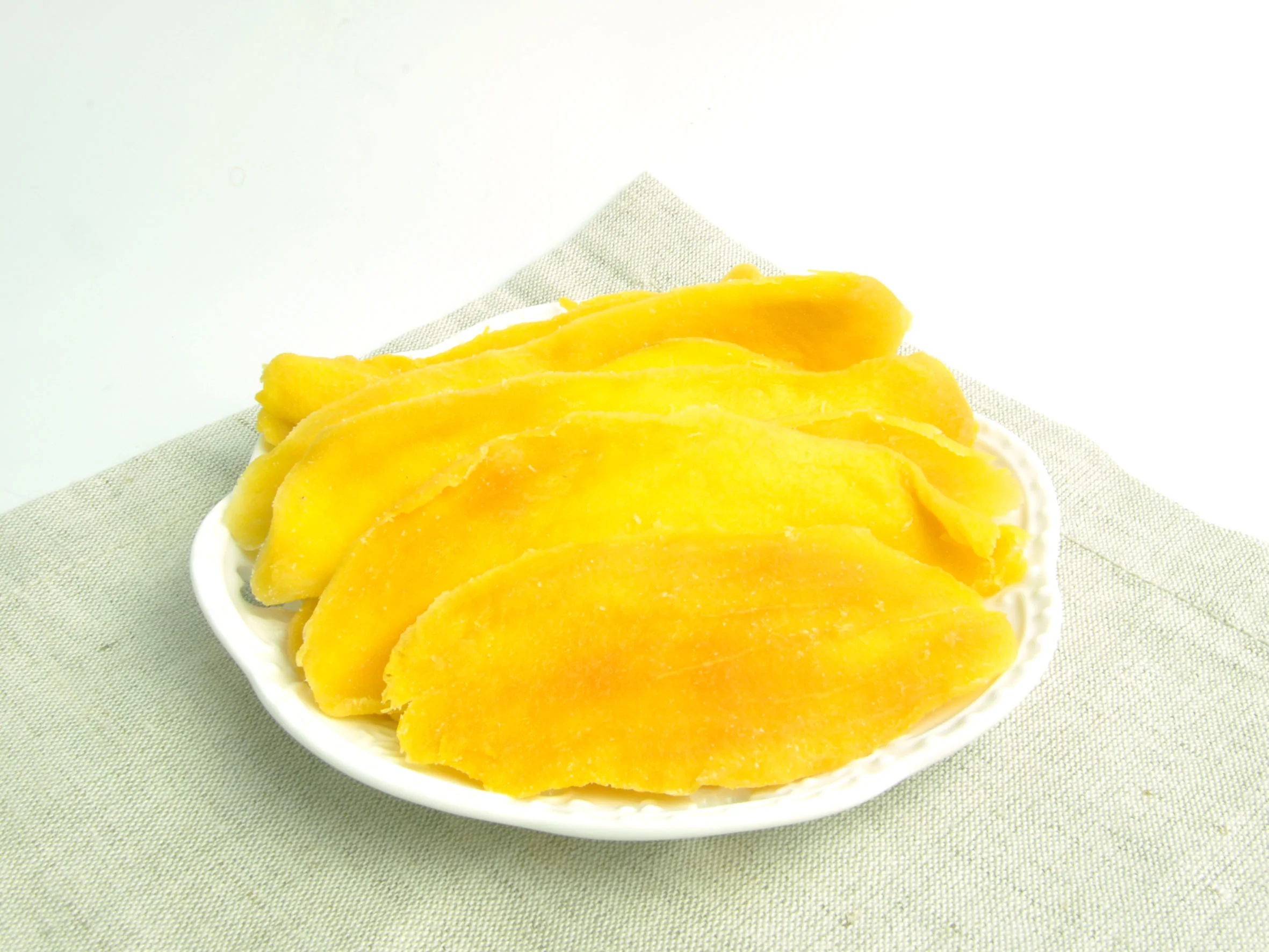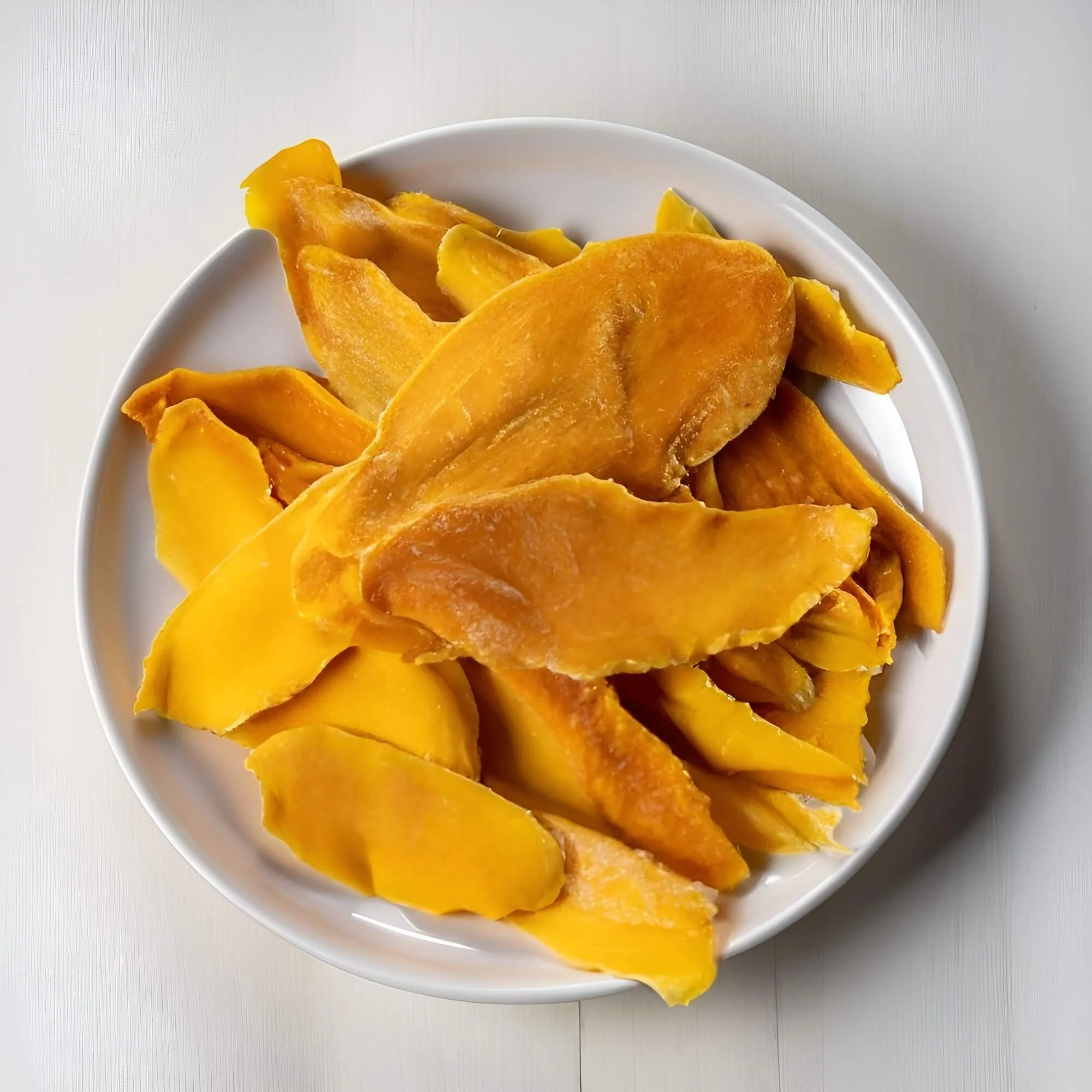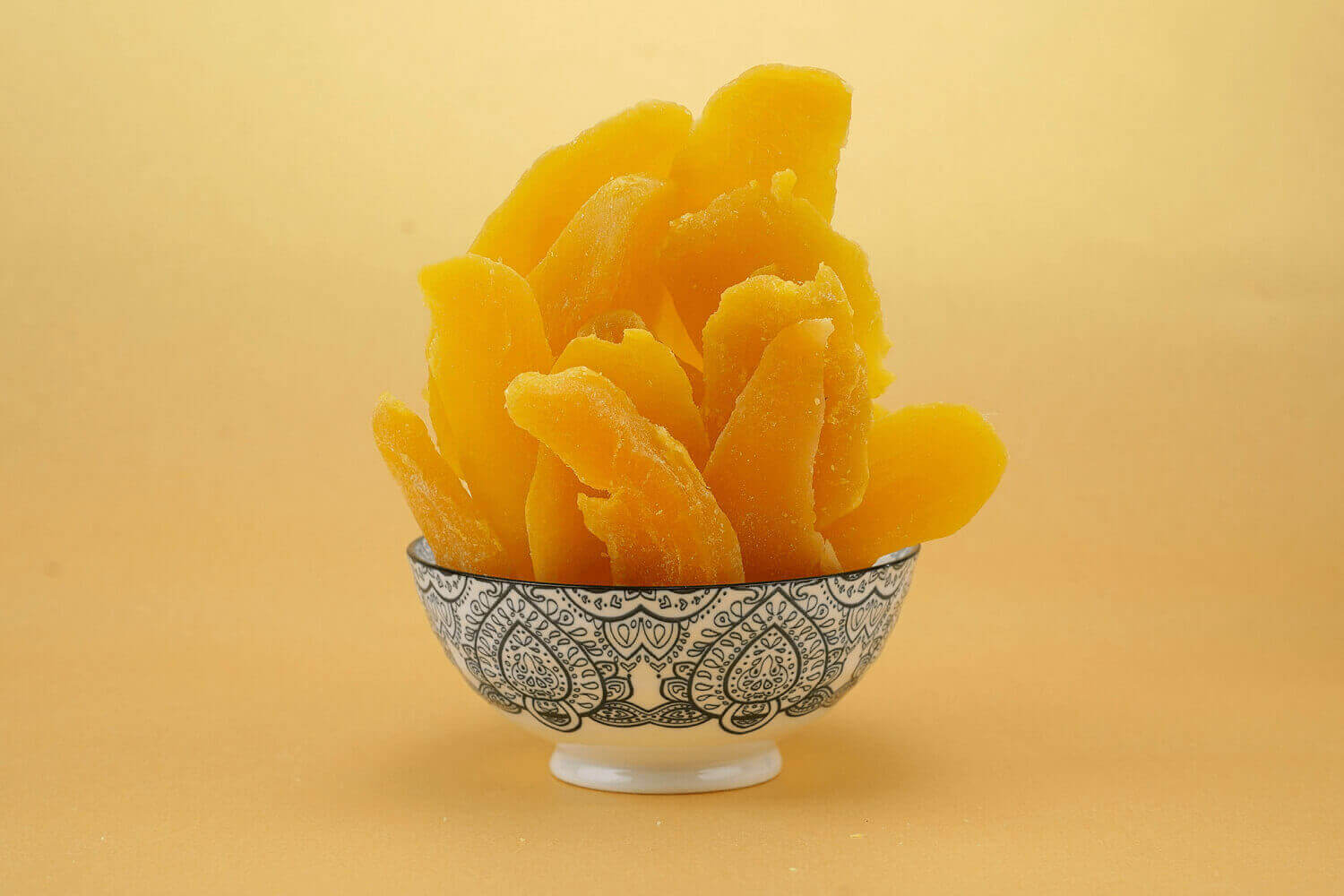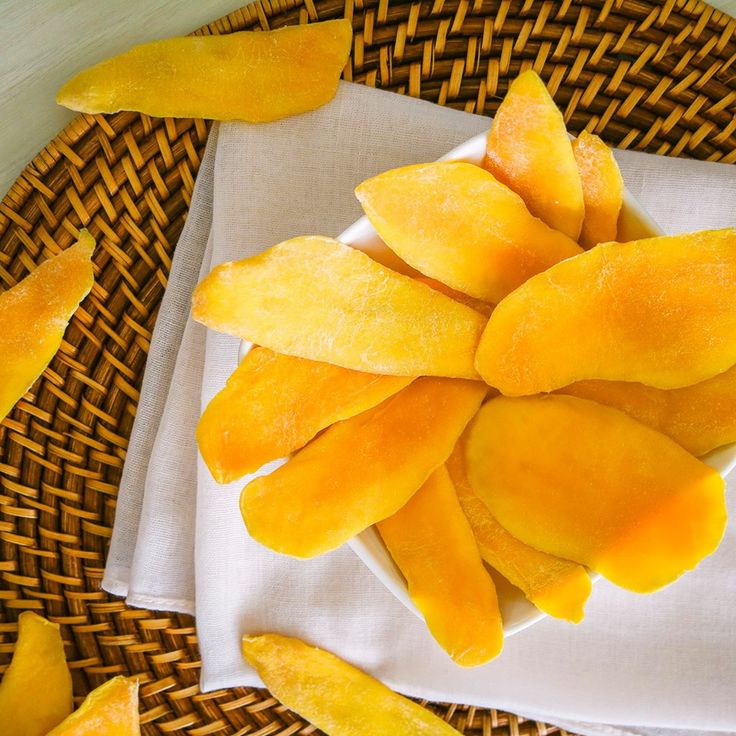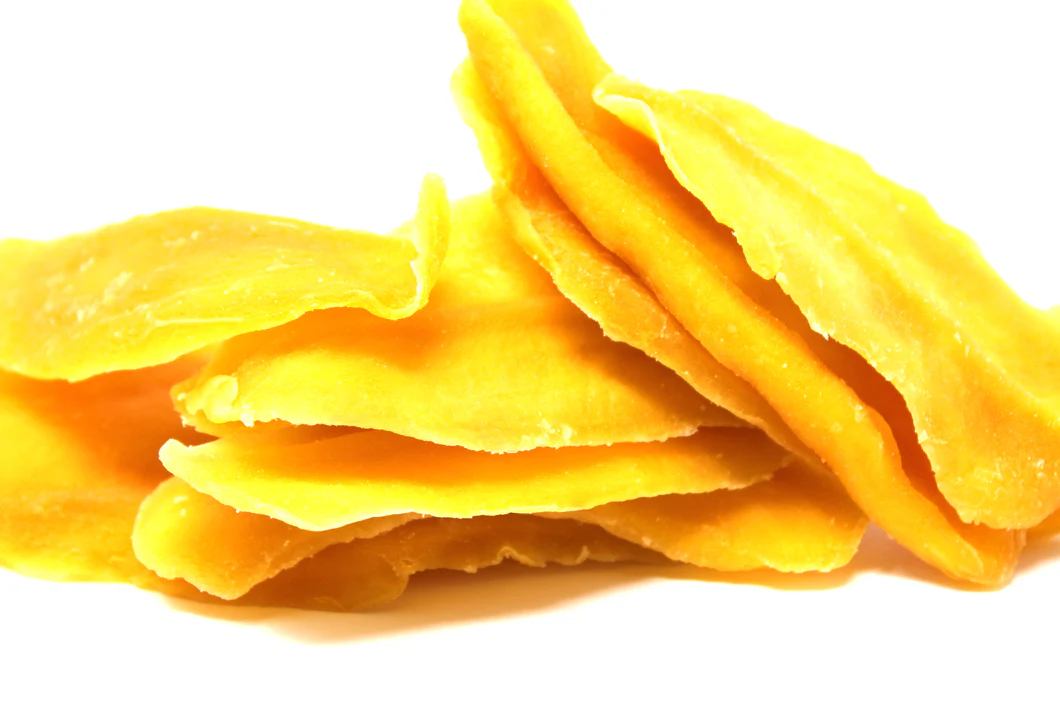Dried mango is a popular snack, cherished for its herbal sweetness and chewy texture. It’s normally eaten at grocery shops and health meal markets, often advertised as a healthy opportunity to try different sugary snacks. However, in case you’re looking at your weight or looking to hold a balanced diet, you might marvel: Can dried mango make you fat?
In this article, we’ll smash down the nutritional profile of dried mango, its capacity impact on weight gain, and the way to enjoy it moderately.
Nutritional Profile of Dried Mango
To recognize whether or not dried mango can make a contribution to weight advantage, we first need to take a look at its dietary content material. A usual serving size of dried mango is around 1/4 cup (about 40 grams). Here’s a hard concept of what that serving offers:
Calories: 120 and 140 kcal
Carbohydrates: 30–35 grams
Sugar: 20–25 grams (most of this comes from natural sugars)
Fiber: 2–3 grams
Protein: 1–2 grams
Fat: 0–1 gram
The most high-quality function of dried mango is its high sugar content material. Since water is eliminated during the drying process, the sugars in mango come to be concentrated, making dried mango much sweeter than sparkling mango. This attention to sugar may have implications for your calorie consumption, specifically if you eat it in large quantities.
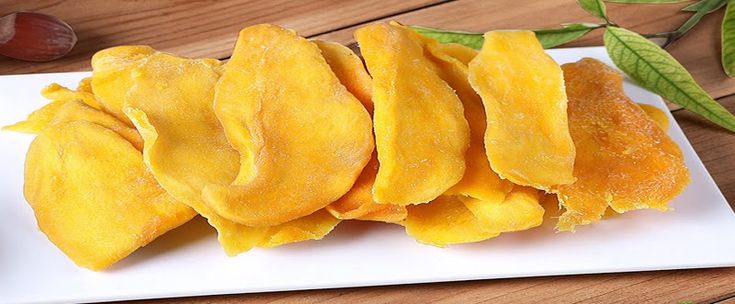
(The fiber in dried mangoes aids digestion, helps prevent constipation and improves intestinal health)
The Link Between Calories and Weight Gain
Weight benefit occurs when you always consume more calories than your frame burns. The body stores excess energy as fat, which results in a growth in frame weight. While dried mango is a herbal food, it’s still calorie-dense. A small serving might appear innocent, however, it’s easy to overeat dried fruit, especially for the reason that the dehydration technique makes it less filling than its fresh counterpart.
For instance, one small bag of dried mango (approximately a hundred grams) can comprise about three hundred–350 energy. If you are ingesting it mindlessly even as looking at TV or snacking on food, you won’t be privy to what number of calories you’re ingesting. Over time, those greater calories can add up, contributing to weight benefits in case you don’t account for them in your universal day-by-day intake.
The Sugar Content: A Double-Edged Sword
Dried mango incorporates an excessive quantity of natural sugars—normally fructose, the sugar determined in fruit. While the sugar in dried mango isn’t similar to added sugars found in processed snacks or sweets, it nevertheless contributes to your standard calorie intake. Consuming too much sugar, even from natural resources, can cause spikes in blood sugar degrees, observed by crashes that go away when you feel hungry again. This can result in overeating and weight gain, specifically in case your weight loss plan is already excessive in carbohydrates or sugar.
However, not all sugar is inherently awful. The sugar in dried mango comes with fiber, antioxidants, vitamins, and minerals which might be beneficial to your health. But the drying system also can strip away some of the nutrients, leaving at the back of a more focused supply of sugar. Plus, many commercially to-be-dried mangoes are sweetened with extra sugar or syrup to beautify their taste, which may further boost the calorie rely.
Fiber and Satiety
One of the blessings of dried mango is its fiber content material. Fiber enables slow digestion, keeps you full for longer, and might assist with the urge for food management. A 1/4 cup serving of dried mango offers about 2–three grams of fiber, which isn’t a trifling amount however nonetheless pales in evaluation to fresh fruit. Fresh mango, for instance, has lots of extra water content material, which provides quantity and makes you feel fuller without as much energy.
Dried mango lacks this identical satiety thing, making it simpler to overeat. When snacking on dried mangoes, it’s critical to pay attention to portion sizes to keep away from ingesting extra calories.
Health Benefits of Dried Mango
Although it’s calorie-dense, dried mango has numerous fitness advantages while fed moderately:
- Rich in Vitamins: Dried mango is a good supply of Vitamin A (within the shape of beta-carotene) and Vitamin C, both of which aid immune features and skin health.
- Antioxidants: Mangoes incorporate polyphenols, that have antioxidant residences that assist protect your cells from oxidative strain and reduce irritation.
- Digestive Health: The fiber in dried mango helps healthful digestion, assisting in saving constipation and selling gut fitness.
These benefits, but, want to be weighed towards the hazard of overeating due to its excessive calorie and sugar content.
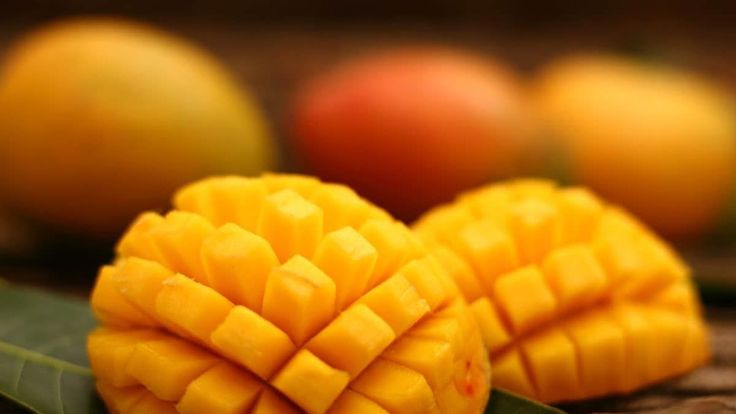
(Be mindful to avoid mindlessly overeating)
Can Dried Mango Make You Fat?
The short solution is: Yes, dried mango can contribute to weight benefits if eaten in huge portions. Like any food, while you eat greater energy than your frame needs, the extra energy can lead to fat storage. However, dried mango also can be a part of a healthy weight loss plan if eaten up sparsely.
It’s important to apprehend that dried mango is a high-calorie snack and component manipulation is fundamental. If you’re trying to shed pounds or maintain a healthy weight, it’s a good idea to hold dried mango as an occasional treat in place of a regular part of your food plan. When consuming dried mango, take into account your standard everyday calorie intake, and pair it with different nutrient-dense foods like vegetables, complete grains, and lean proteins to create a balanced diet.
Tips for Enjoying Dried Mango Without Gaining Weight
- Watch Portion Sizes: Stick to a small serving length—about 1/4 cup (40 grams). Measure it out to keep away from mindlessly eating too much.
- Avoid Added Sugars: Choose brands that don’t upload extra sweeteners or preservatives. Look for “unsweetened” dried mangoes to preserve the sugar content decrease.
- Balance Your Diet: Pair dried mango with a supply of protein or healthy fat (inclusive of nuts) to grow satiety and balance the sugar content material.
- Occasional Snack: Reserve dried mango as an occasional snack in place of an everyday one to prevent overconsumption of energy and sugar.
- Stay Active: Ensure that you’re staying lively and preserving a healthful lifestyle to offset any more energy you might devour.
Conclusion
Dried mango, like many fruits, can be a part of a healthful food plan, but its high sugar and calorie content material suggest that moderation is prime. Overeating dried mango can make a contribution to weight advantage, especially in case you’re now not aware of component sizes or your usual calorie intake. When enjoyed in appropriate quantities and as a part of a balanced weight-reduction plan, dried mangoes can offer a scrumptious and nutritious snack without leading to an unwanted weight advantage. So, the next time you attain that bag of dried mango, be mindful of how a whole lot you are eating and the way it fits into your general food regimen.
